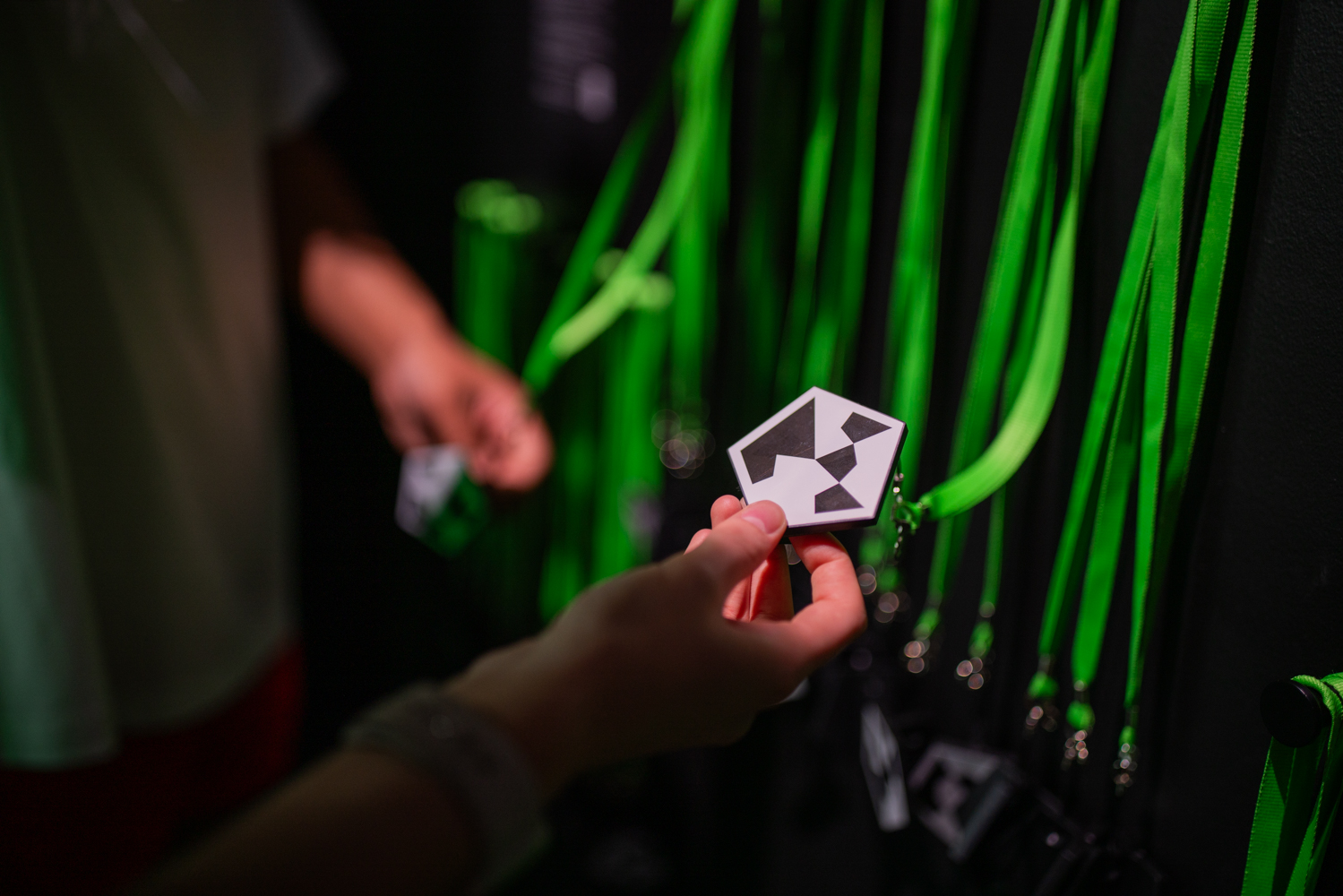Posted 31 Mar

In the 2024/2025 summer, I had the exciting opportunity to research how MOD. builds ethical futures-thinking capabilities. To do this I analysed data from the BROKEN exhibition. MOD.’s work in innovation, research, curation, futures-thinking, and Snyder’s Hope Theory, inspired me because it aligns with my interdisciplinary studies in engineering and art history.
The focus of my project was to use four visitor datasets collected during BROKEN to understand visitor’s opinions on foresight, hope theory, and science. I processed the data to ensure it was accessible and valid, and documented my process for traceability and reproducibility. Analysing each dataset provided different perspectives on how people engage with alterative futures and Snyder’s Hope Theory, and the effectiveness of exhibition design to facilitate discussion. The largest analysed dataset, the BROKEN token data, included 21,262 entries recording public opinion on alternative futures. The dataset is now available through the UniSA Research Data Access Portal, a terrific resource which supports open-source knowledge sharing.
Beyond the data analysis I was also able to experience other work MOD. undertakes including attending vendor meetings, exhibit development activities, and FOREVER installation. One highlight was assisting with the installation of an artwork for the FOREVER exhibition and observing the detailed work required. Seeing the behind-the-scenes of the FOREVER exhibition deepened my appreciation for the work and time that goes into bringing an exhibition to life.
Non-traditional Research Outputs (NTROs)
One of the most insightful experiences of the scholarship was writing the submissions for non-traditional research outputs (NTROs). NTROs capture novel developments in the creative fields, such as MOD.’s innovations in exhibition design and publications. I loved writing NTRO descriptions because they challenged me to write succinct and technical explanations of futures-thinking creative research. It also was a chance for me to apply my skills and knowledge in art history and curatorial writing in research and gain valuable feedback on my work.
The scholarship inspired me to consider my future career direction. It provided both research and industry experience, importantly highlighting the processes connecting the two. I sought to gain insight on the values which underpin the work, including having multiple perspectives in research, and developing creative and interactive science engagement opportunities. Working with an interdisciplinary and dynamic team has deepened my understanding of the intersection between technology, futures-thinking, and the creative arts. It gave me valuable hands-on experience in my areas of interest.
Now that the scholarship has finished, the outcomes can be applied to future work and the MOD. team will finish up the NTROs. The outcomes of the data analyses can be applied to future exhibition design including physical and thematic aspects, and surveys. The token data is also publicly accessible, which opens possibilities for other researchers to use and analyse it for outcomes. During the scholarship I documented my data processing methods and challenges which I hope will help with future exhibition data collection and analyses. Once the NTRO research statements and physical descriptions are finalised by the MOD. team, they can be submitted for publishing. These will contribute to academic knowledge of innovative approaches to curation and exhibition publications within future-oriented museums.
I am excited to apply my new skills and knowledge in my own work. This research scholarship has expanded my conceptualisation of where my combined engineering and art history degree can take me. It has given me experience in both academic and industry application of my skills and passions and has developed my interest in both areas. I’ve gained insight into ways I can apply alternative futures and hope theory in my own life, and I am now more attuned to the intersection of these fields as a I make my way beyond graduation into finding meaningful work.
I would like to thank my supervisors Dr Lisa Bailey and Associate Professor Erik Champion for this incredible opportunity, and the entire MOD. team for their feedback, guidance, and expert knowledge.